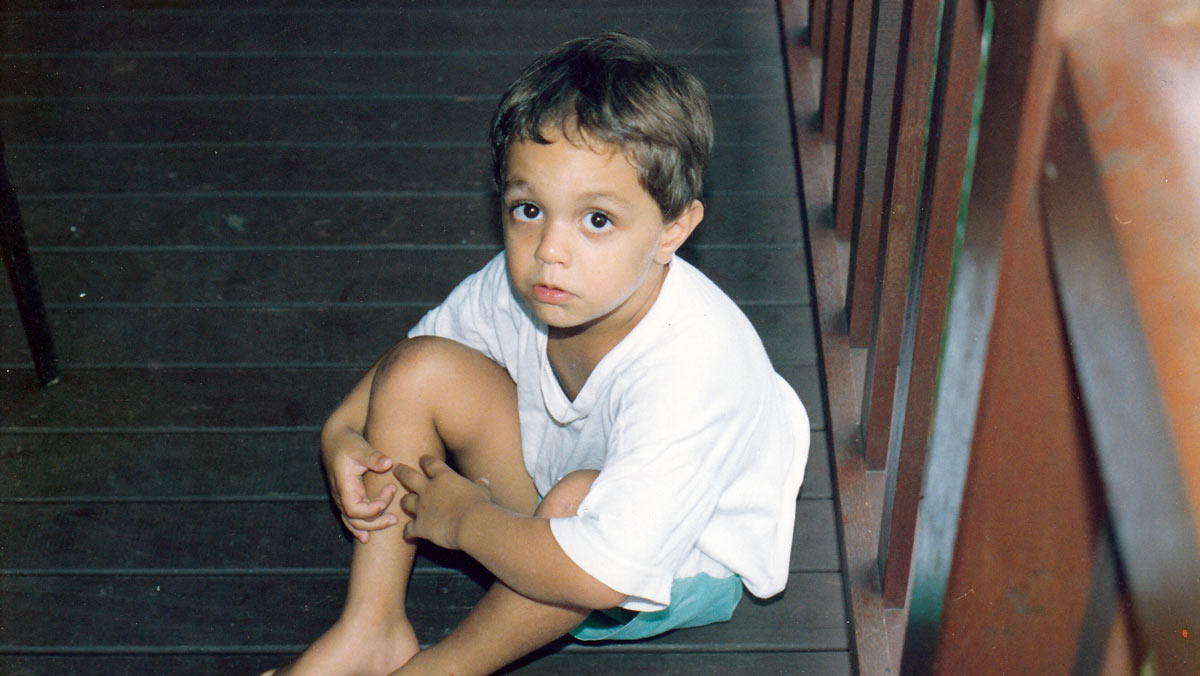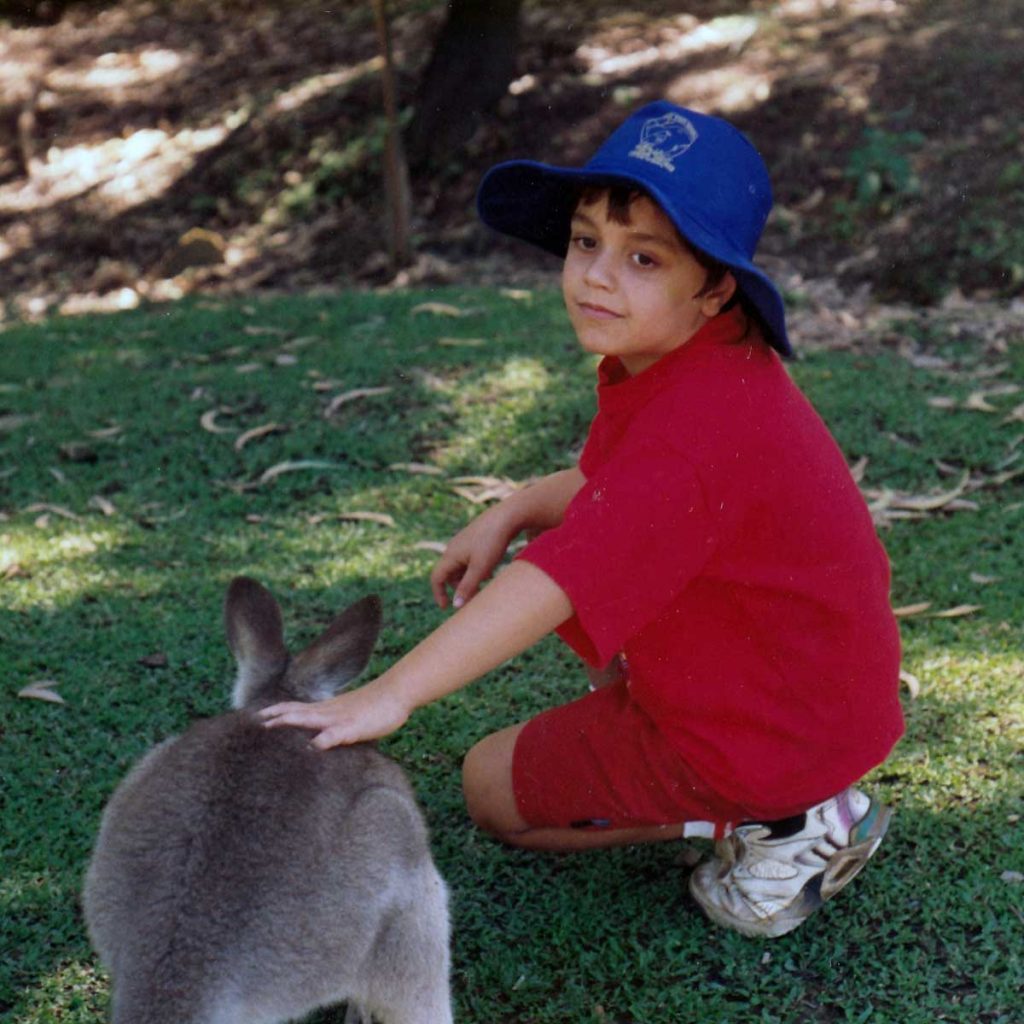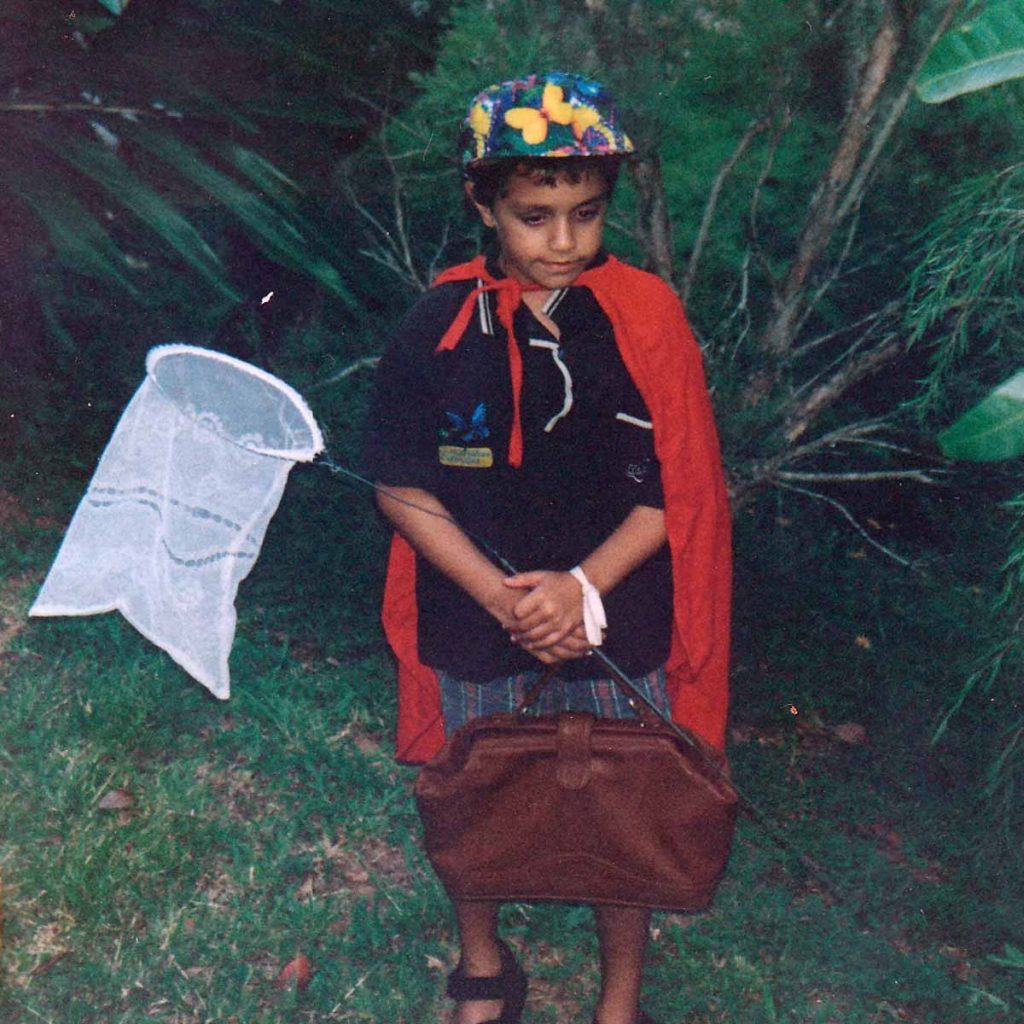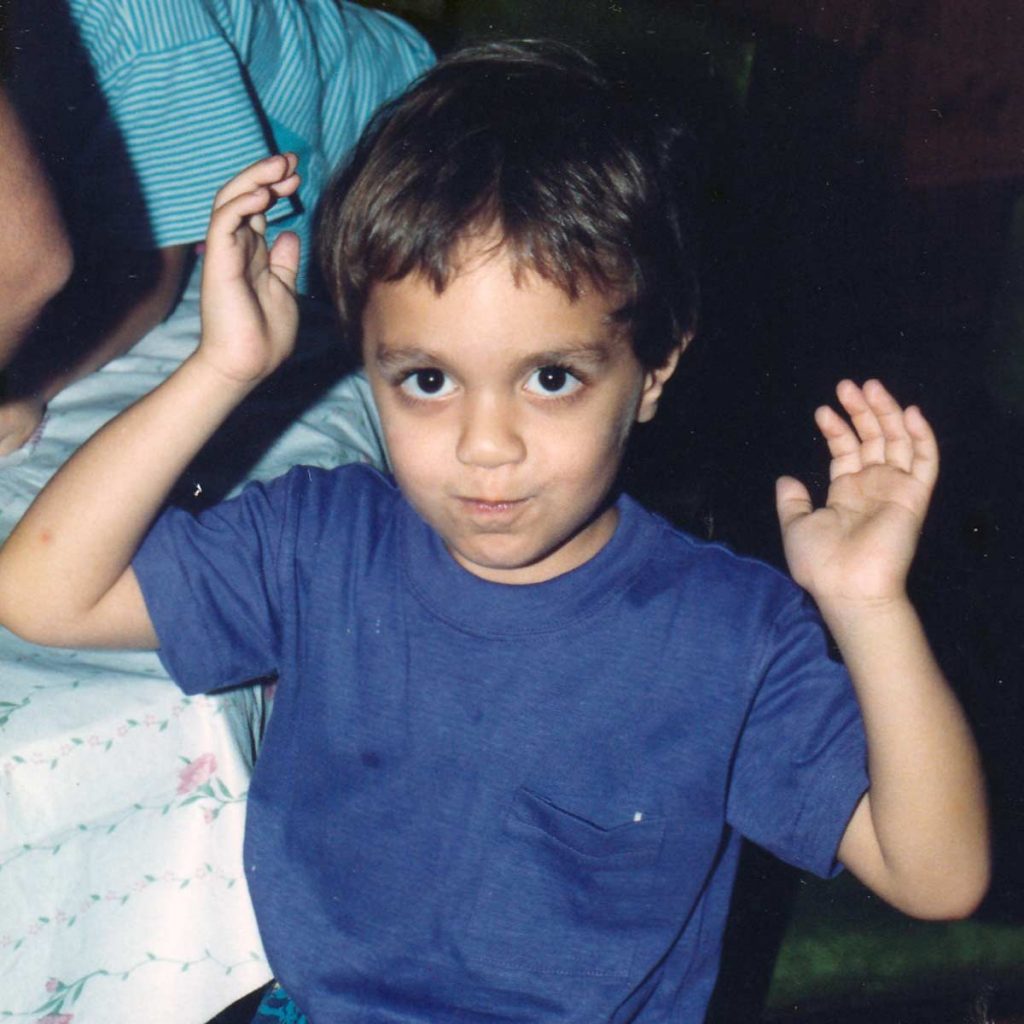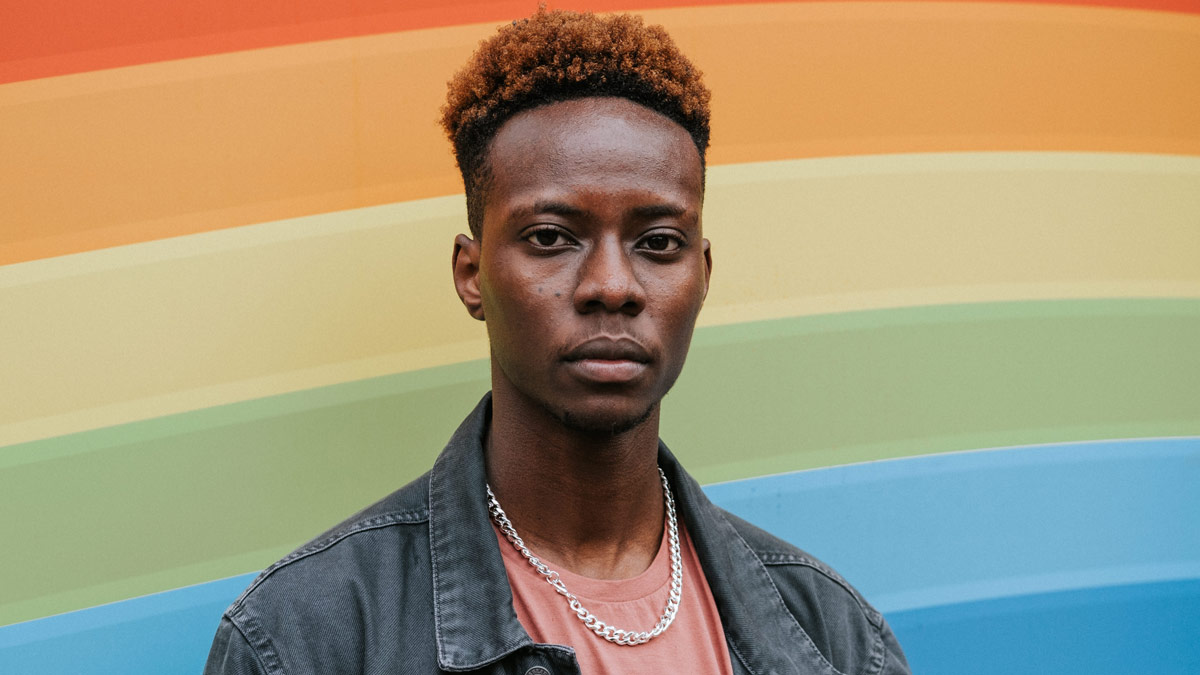The cost of conformity: What my sci-fi novel reveals about neurodivergent masking
What if survival meant becoming someone else—every thought filtered, every gesture rehearsed, every word chosen to match what others expect of you?
That’s the world Shayan lives in. He’s the protagonist of Nepo, my new YA sci-fi novel. But for many of us—especially those of us who are autistic or ADHD—it’s not fiction. It’s our lived experience.
Nepo is the book I needed as a teen. It’s also the book I needed as an undiagnosed neurodivergent (ND) adult—someone trying desperately to understand why the world felt like it wasn’t made for me.
The Mask We Wear to Survive
Like many NDs, I learned early that being “different” meant being misunderstood. I walked funny. I spoke differently. I was obsessed with bugs, then words, then fiction. Social cues felt like an invisible game with constantly changing rules—and I was always one move behind.
I learned to mask. Masking meant smiling when I was in sensory overload. It meant pretending not to care when I was excluded. It meant hiding the parts of me that didn’t “fit.”
So when I sat down to write Nepo, I wasn’t just creating a sci-fi story—I was creating a mirror. One where a character like Shayan, forced to perform for his survival, could give voice to something deeply personal: the unbearable weight of never being allowed to just be.
From Hollywood Glamor to Dystopian Control
I spent seven years in Los Angeles, working in film and media. I saw the curated personas, the constant pressure to stay “on brand.” Celebrities weren’t just people—they were products.
That’s what inspired Nepo‘s world. Shayan isn’t just any clone—he’s bred to replicate a long-dead Hollywood icon. His every move is scripted. One misstep, and he’s discarded.
Fame in Nepo is a cage. And for NDs, the pressure to perform—to meet neurotypical (NT) standards—is often a cage, too. One lined not with gold, but with shame, anxiety, and burnout.
A Future That Feels Familiar: Enter Neuropunk
I call Nepo “neuropunk.” It’s a subgenre I’m helping shape—one that centers ND experiences in speculative fiction. Think cyberpunk, but instead of focusing on tech, neuropunk focuses on how ND minds resist systems built to control or erase them.
In Nepo, society is split between the privileged “enclavers” and the oppressed “endis”—a mostly neurodivergent underclass whose labor sustains the city but whose identities are erased.
It’s dystopian, yes. But let’s be honest—it’s not far from reality.
Shayan’s Realization: The Egg Cracks
Shayan doesn’t know he’s “endi.” He just knows he feels…wrong. Like something doesn’t add up. That feeling of disconnection? Of not knowing why you’re always the odd one out? That’s familiar to many ND readers.
Eventually, Shayan discovers the truth—he’s not broken. He’s just different. ND.
It’s the “egg crack” moment. The moment so many of us experience when we finally get the language to describe our brain. When the mask starts to slip and we realize—maybe we never needed it in the first place.
That realization is liberating. But it’s also complicated. Because unmasking doesn’t erase years of shame. It doesn’t instantly rebuild your identity. And it doesn’t stop the world from demanding conformity.
Masking Hurts—But So Does Being Real
One of the questions Nepo asks is: What happens when the mask becomes who you are?
That’s what makes masking so insidious. Over time, it erodes our self-concept. We lose track of where the performance ends and where we begin. We internalize the idea that our real selves are unacceptable. That survival means self-erasure.
I’ve seen this pain in my clients. I’ve lived it myself.
And I wanted Nepo to hold space for that grief. To say: You’re not alone. You’re not broken. You’re reacting to a world that hasn’t made space for you.
Storytelling as Resistance
Speculative fiction gives us the distance we need to tell the truth.
Nepo isn’t just about one clone’s rebellion. It’s about systemic oppression, identity, and the radical act of self-acceptance. It’s about choosing authenticity in a world that punishes it.
And at the heart of the story is a plea: Let us be real. Let us be whole. Let us be seen.
Representation That Goes Beyond Stereotypes
I didn’t see myself in books growing up. Autistic characters, if they existed, were usually emotionless geniuses or comic relief. Rarely were they nuanced, messy, real.
I wrote Nepo for the readers like me. For the weird kids. The hyper-focused teens. The stimmers. The ones who got in trouble for being “too much.” The ones who’ve spent years trying to figure out why they feel alien on their own planet.
Shayan isn’t a trope. He’s a full person—conflicted, hopeful, and worthy of belonging. Because all of us are.
A Free Gift (And a Small Request)
If this story resonates with you, I’m offering Nepo as a free digital download for a limited time. All I ask is that you leave a review—let me know what spoke to you, what challenged you, what stayed with you.
I wrote Nepo because I believe stories can heal. And I hope it helps you feel just a little more seen, understood, and unmasked.
Have you ever felt like your life was a performance? Have you had your own “egg crack” moment?

Essy Knopf is a therapist who likes to explore what it means to be neurodivergent and queer. Subscribe to get all new posts sent directly to your inbox.




